Search Results
Showing results 1 to 20 of 40
What Causes Rainbows?
Source Institutions
In this activity, learners explore how and why rainbows form by creating rainbows in a variety of ways using simple materials. Learners create rainbows indoors and outdoors.
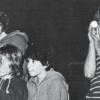
Night Eyes
Source Institutions
In this outdoor, night-time activity, learners discover how to spot eye-shine (reflection of light from an animal's eyes) by using a flashlight to play a simulation game.

The Old White Sheet Trick: Light and Insect Behavior
Source Institutions
In this outdoor, nighttime activity, learners gather around a brightly lit, white surface and study the behavior of nocturnal animals attracted to the light, particularly night fliers.

Light is Made of Colors
Source Institutions
Learners observe different light sources, outdoors and indoors, using prism glasses (diffraction glasses) and color filters.
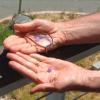
Exploring Ultraviolet (UV) light from the Sun
Source Institutions
In this outdoor activity, learners explore UV rays from the Sun and ways to protect against these potentially harmful rays.
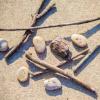
Making Music in Nature
Source Institutions
In this activity, learners will explore the ways natural materials can produce sounds. Appropriate for any age, learners can make individual music or create a symphony with others.

Terrestrial Hi-Lo Hunt
Source Institutions
In this outdoor activity, learners search for the warmest and coolest, windiest and calmest, wettest and driest, and brightest and darkest spots in an area.

Sensory Hi-Lo Hunt
Source Institutions
In this outdoor activity, learners use only their senses to to find the extremes of several environmental variables or physical factors: wind, temperature, light, slope and moisture.

Wintergreen
Source Institutions
In this outdoor, winter activity, learners find living green plants under the snow and determine the light and temperature conditions around the plants.
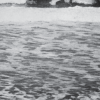
Seas in Motion
Source Institutions
In this outdoor, beach activity, learners use tennis balls, water balloons and other simple devices to investigate the movement of waves and currents off a sandy beach.

Why Are Bubbles So Colorful?
Source Institutions
In this activity, learners explore why they can see colors in bubbles and why they change.
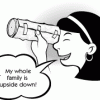
Pringles Pinhole Camera
Source Institutions
An ordinary camera has a lens that makes an image on film. In a pinhole camera, a small hole replaces the lens.
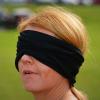
Two Ears are Better Than One: Sound Localization
Source Institutions
This activity (9th activity on the page) about hearing demonstrates to learners the importance of having two ears.
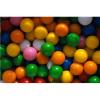
Make a Green Gumball Black
Source Institutions
In this optics activity, learners use a shoebox, colored cellophane and sunlight to "change" the colors of gumballs. Learners will be surprised when the green and blue gumballs appear black!
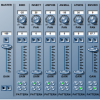
Sound Mixer: A Multi-track Mixer of Animal Sounds
Source Institutions
This is a virtual representation of a sound mixer containing pre-looped sounds of animal, insect, and environmental noises.
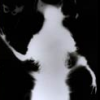
Self-Portrait Silhouettes: Activity 2
Source Institutions
In this activity, learners make a photographic image—without a camera!
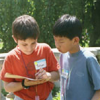
Colors in Nature
Source Institutions
In this activity, learners create colorful bead bracelets to wear outside while searching for matching colors in plants. Learners will be surprised by the variety of colors in nature.
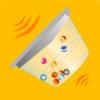
Ocean Echolocation
Source Institutions
Use echolocation to find others and experience how whales’ senses have adapted to suit their environment. In pairs, learners are blindfolded and use containers filled with marbles to find each other.
Splitting White Light
Source Institutions
In this optics activity, learners split white light into all its component colors using three household items: a compact disc, dishwashing liquid, and a hose (outside).
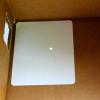
Pinhole Viewer
Source Institutions
In this activity, learners discuss and investigate how cameras, telescopes, and their own eyes use light in similar ways.
